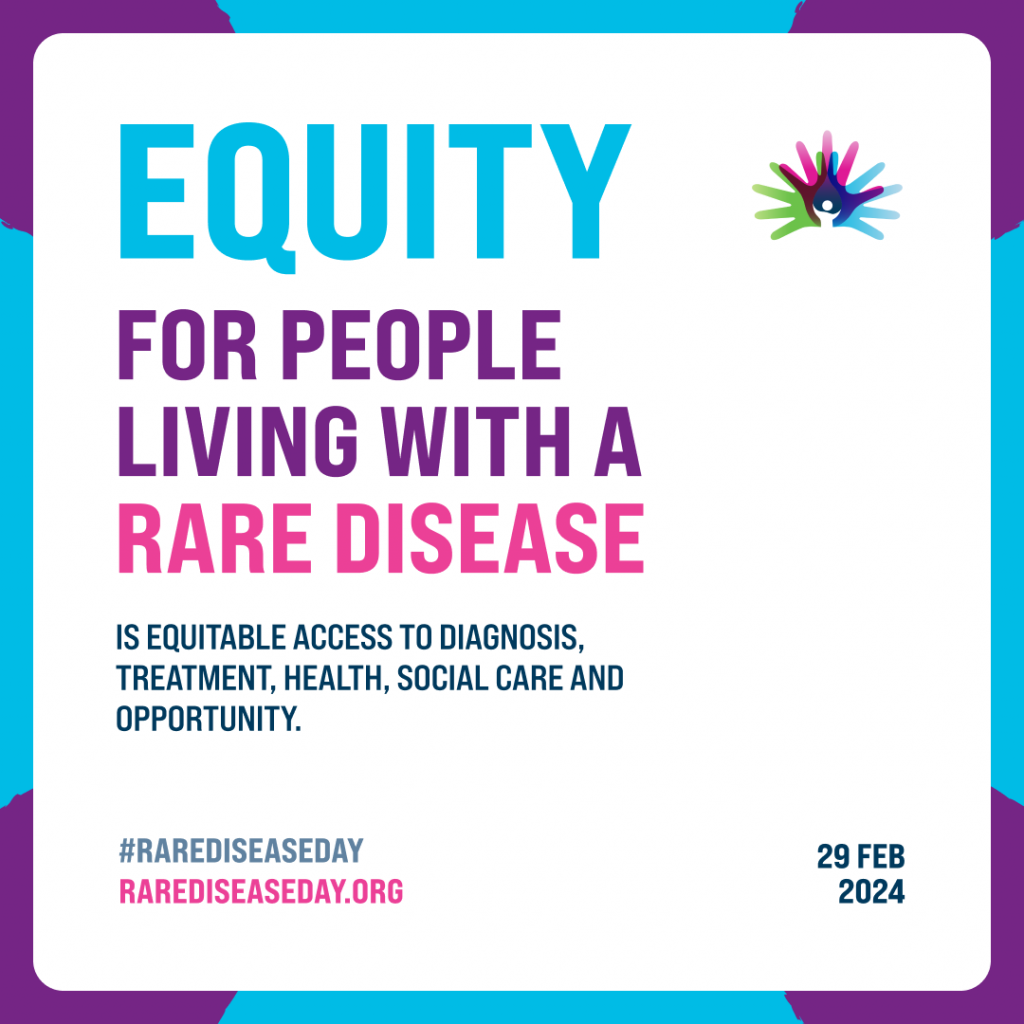Drugs do not work the same in every patient. “Even if there are several reasons, like non-compliance, there are still people who do not respond. With our study, we wanted to find out whether variations in the gene status have an influence on the efficacy of a drug,” said Dr Tom Ruffles (Brighton & Sussex Medical School, UK).
The study included 241 children aged 12-18 years from England and Scotland. Asthma genetic differences were determined using a saliva sample: researchers looked for 1 or 2 copies of an altered gene of the β2 receptor. Participants were randomised to personalised care (i.e. rs1042713 genotype-based prescribing) or standard care according to existing guidelines. A 4-week run-in period was followed by a 12-month treatment and follow-up phase. Study questionnaires were completed online or over the phone and medications were prescribed by the participants´ general practitioner. Patients with no gene defect were treated with salmeterol, and those with gene defects with montelukast.
After a year, only a small improvement of 0.16 in the Paediatric Asthma Quality of Life Questionnaire was observed in those who received personalised care. However, when the researchers looked specifically at the children who had 2 copies of the altered β2 receptor gene, they found a greater benefit, with children experiencing an average 0.42 improvement in their quality of life score. This difference translated into a noticeably better quality of life for the children with 2 altered gene copies (comprising 15% of the total population).
Dr Ruffles pointed out that the modest effect of the personalised care is partly explained by the fact that the children’s asthma was generally very well controlled. Larger trials, with a focus on those with poorer asthma control, are needed to determine the true benefit of personalised care in asthma.
- Ruffles T, et al. Effect of controller prescribing according to rs1042713 genotype on asthma related quality of life in young people (PACT): a randomized controlled trial. Abstract 4617, ERS International Virtual Congress 2020, 7-9 Sept.
Posted on
Previous Article
« Early pulmonary rehabilitation post-COVID-19 aids recovery Next Article
COVID-19 survivors benefit from structured follow-up »
« Early pulmonary rehabilitation post-COVID-19 aids recovery Next Article
COVID-19 survivors benefit from structured follow-up »
Table of Contents: ERS 2020
Featured articles
COVID-19 and the Lung
COVID-19 infections: Bronchoscopy provides additional diagnostic certainty
COVID-19 vaccines: An ongoing race
COVID-19: What is the risk of reinfection?
COVID-19 App: The Dutch experience
Secondary pulmonary fibrosis: a possible long-term effect of severe COVID-19
COVID-19 survivors benefit from structured follow-up
Early pulmonary rehabilitation post-COVID-19 aids recovery
Asthma – What's New
Mild asthma: A fundamental change in management
Dupilumab shows long-term efficacy in asthma patients
Severe asthma: Oral corticosteroids maintenance therapy associated with toxicity
First-in-class tyrosine kinase inhibitor shows promise in severe asthma
Predicting individual effectiveness of biologics in severe asthma
IL-5 antagonist showed efficacy in chronic rhinosinusitis with nasal polyps
Treatment according to genotype: The future of asthma therapy?
COPD – The Beat Goes On
The role of chronic symptoms as early biomarkers of COPD development
Urgent call for studies in COPD patients aged 40-60 years
Nasal high-flow therapy: a novel treatment option for hypercapnic COPD patients
Exacerbation history is a reliable predictor of future exacerbations
Singing training effective as physical rehabilitation in COPD
Current prediction tools underestimate exacerbation risk of severe COPD patients
Exercise and Sleep: From Impaired Function to New Therapeutic Strategies
CPAP withdrawal has negative consequences for sleep apnoea patients
Physical activity improves AHI in sleep apnoea patients
The Tobacco Epidemic: From Vaping to Cannabis
Poly-use of nicotine products and cannabis: a deadly combination
E-cigarettes: A source of chronic lung inflammation
Social smoking: Do not underestimate the risks
Chronic Cough – State of the Art
LEAD study shows multiple phenotypes in many chronic cough patients
First-in-class P2X3 receptor antagonist shows promise for chronic cough treatment
Lung Cancer Detection
Lung cancer screening: Most patients not eligible 1-2 years prior to diagnosis
Distinct changes in lung microbiome precede clinical diagnosis of lung cancer
Best of Posters
Smartphone-based cough detection helpful in predicting asthma deterioration
Reduced lung function associated with cognitive decline in the elderly
Longer hospital stay and fewer transplants for frail ILD patients
Related Articles

February 26, 2024
Join the conversation on Rare Disease Awareness Day
October 30, 2022
Encouraging results of nintedanib in children with fibrosing ILD
© 2024 Medicom Medical Publishers. All rights reserved. Terms and Conditions | Privacy Policy
HEAD OFFICE
Laarderhoogtweg 25
1101 EB Amsterdam
The Netherlands
T: +31 85 4012 560
E: publishers@medicom-publishers.com

